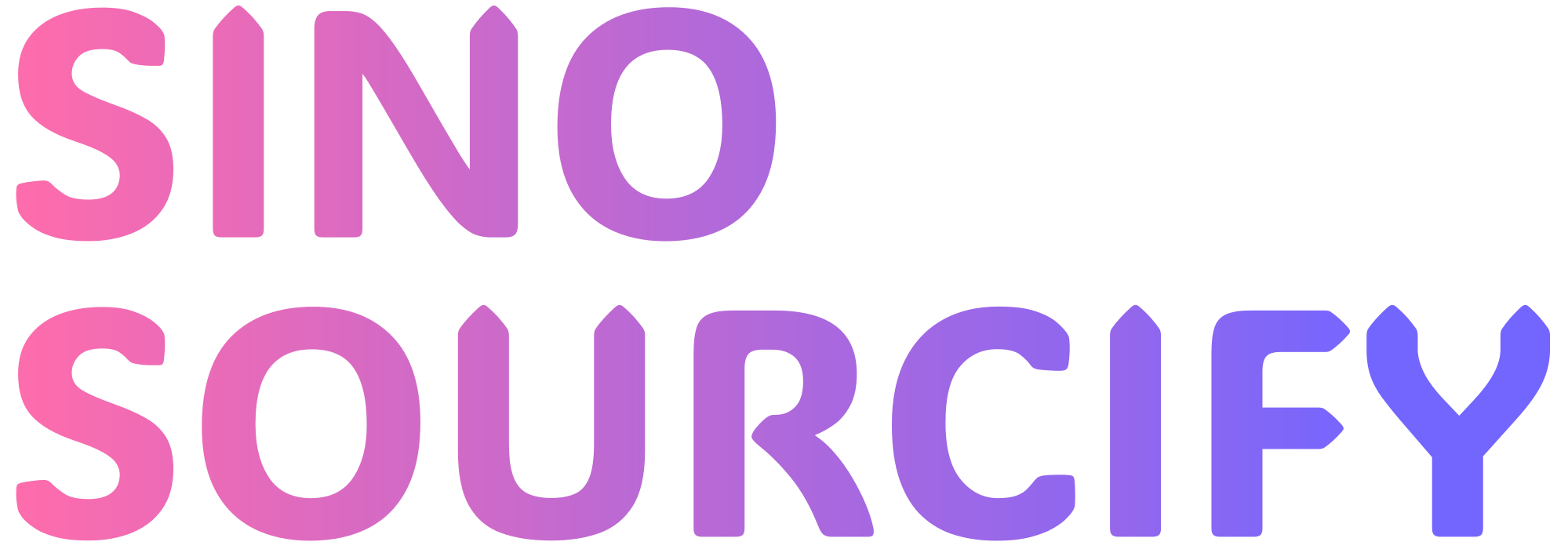In today’s volatile global markets, staying informed about raw material price fluctuations is critical for businesses across industries. Whether you’re a manufacturer, distributor, or procurement professional, sudden price changes can significantly impact your bottom line. This is where raw material price alerts become an indispensable tool for maintaining competitiveness and financial stability.
The Importance of Tracking Raw Material Prices
Raw materials form the foundation of countless products and supply chains. From metals and plastics to agricultural commodities and chemicals, their prices are influenced by numerous factors including geopolitical events, supply chain disruptions, currency fluctuations, and seasonal demand patterns. Long understands these challenges and provides solutions to help businesses navigate this complex landscape.
Key Benefits of Price Alert Systems
Implementing a robust price alert system offers several strategic advantages:
- Cost Control: Receive timely notifications about price movements to optimize purchasing decisions
- Budget Accuracy: Improve forecasting by tracking historical and current price trends
- Competitive Edge: Identify favorable buying opportunities before competitors
- Risk Mitigation: Reduce exposure to sudden market shocks and supply chain disruptions
How Long’s Price Alert System Works
Long has developed a sophisticated price monitoring platform that tracks thousands of raw materials across global markets. Our system aggregates data from multiple reliable sources, applies advanced analytics, and delivers actionable insights directly to your inbox or mobile device.
Customizable Alert Parameters
Users can configure alerts based on:
- Specific percentage changes in price
- Absolute price thresholds
- Market trends and patterns
- Geopolitical events affecting supply
- Currency exchange rate impacts
Integrating Price Alerts Into Your Procurement Strategy
To maximize the value of price alerts, businesses should incorporate them into a comprehensive procurement strategy. Long recommends the following best practices:
- Establish baseline price expectations for critical materials
- Set tiered alert levels for different response protocols
- Cross-reference price data with inventory levels and demand forecasts
- Develop predefined response plans for various market scenarios
By leveraging Long’s price alert system, businesses can transform raw material procurement from a reactive process to a strategic advantage. In an era of increasing market volatility, having real-time price intelligence at your fingertips is no longer optional—it’s essential for sustainable operations and profitability.




